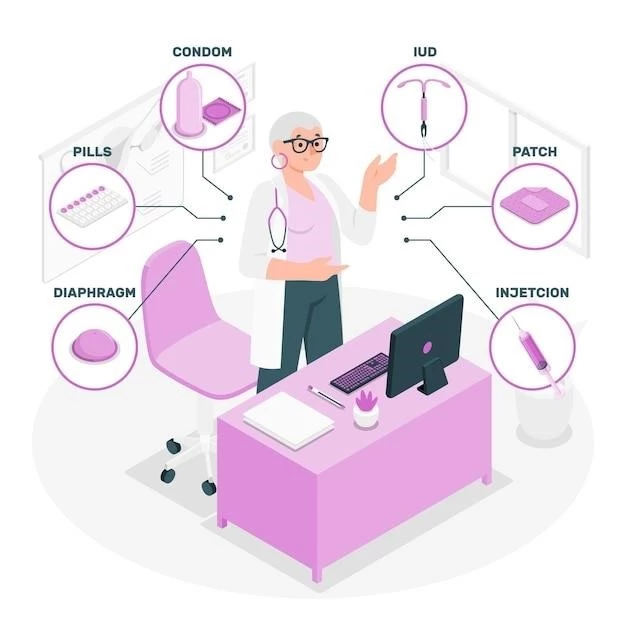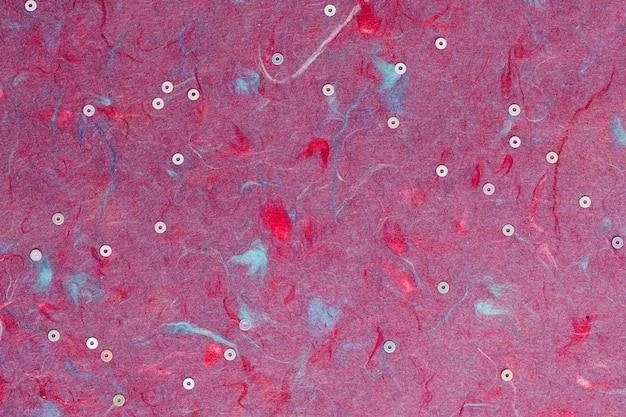Overview of 3q29 Microdeletion Syndrome
This comprehensive article provides an in-depth look at 3q29 Microdeletion Syndrome, including its symptoms, genetic causes, diagnosis methods, treatment options, latest research, support resources, and practical tips for individuals living with the condition․
Symptoms and Signs of 3q29 Microdeletion Syndrome
Individuals with 3q29 Microdeletion Syndrome may present with a range of symptoms and signs including intellectual disability٫ developmental delays٫ speech and language difficulties٫ behavioral challenges٫ psychiatric conditions٫ congenital heart defects٫ facial dysmorphism٫ and an increased susceptibility to certain psychiatric disorders such as schizophrenia and autism spectrum disorder․ It is essential for healthcare providers and caregivers to recognize these symptoms early for timely intervention and management․
Genetic Causes of 3q29 Microdeletion Syndrome
3q29 Microdeletion Syndrome is attributed to the deletion of a small piece of genetic material on the long arm of chromosome 3․ This deletion leads to the loss of multiple genes, impacting various neurological and developmental processes․ The size and location of the deleted segment can influence the severity and variability of symptoms observed in affected individuals․ While most cases occur sporadically, rare instances of familial inheritance have been reported, highlighting the genetic complexity of this syndrome․
Diagnosis and Testing for 3q29 Microdeletion Syndrome
Diagnosing 3q29 Microdeletion Syndrome often involves genetic testing such as chromosomal microarray analysis (CMA) to identify the deletion in chromosome 3․ Clinical evaluations by geneticists, neurologists, and other specialists are crucial to assess the range of symptoms and coordinate appropriate care․ It is essential for healthcare professionals to consider the unique genetic makeup of each individual and tailor diagnostic approaches to confirm the presence of this chromosomal abnormality․
Treatment Options for 3q29 Microdeletion Syndrome
The management of 3q29 Microdeletion Syndrome is typically multidisciplinary, involving specialists such as developmental pediatricians, speech therapists, occupational therapists, and mental health professionals․ Treatment focuses on addressing individual symptoms and needs, including early intervention programs, behavioral therapies, educational support, medication for associated conditions, and ongoing medical monitoring․ Each treatment plan is personalized to optimize the quality of life for individuals affected by this syndrome․
Research and Advancements in 3q29 Microdeletion Syndrome
Ongoing research on 3q29 Microdeletion Syndrome aims to deepen our understanding of the genetic mechanisms underlying the condition, improve diagnostic tools, explore potential therapeutic interventions, and enhance support services for affected individuals and families․ Advances in genomic technologies and collaboration among researchers worldwide continue to uncover valuable insights into this rare genetic disorder, paving the way for more personalized treatment approaches and better outcomes for those affected․
Support and Resources for Individuals with 3q29 Microdeletion Syndrome
Individuals and families affected by 3q29 Microdeletion Syndrome can benefit from a network of support groups٫ online communities٫ and advocacy organizations that offer emotional support٫ educational resources٫ and practical guidance․ These resources provide a platform for sharing experiences٫ accessing the latest information on research and treatment options٫ and connecting with others facing similar challenges․ Empowering individuals with 3q29 Microdeletion Syndrome through support networks can foster a sense of community and resilience in navigating their unique journey․
Living with 3q29 Microdeletion Syndrome⁚ Tips and Strategies
Living with 3q29 Microdeletion Syndrome requires a supportive environment, consistent healthcare monitoring, and tailored interventions to address individual needs․ Strategies such as creating structured routines, incorporating visual aids for communication, promoting social interactions, and engaging in specialized therapies can enhance the overall well-being of individuals with this condition․ Encouraging independence, celebrating achievements, and fostering a positive outlook can empower individuals with 3q29 Microdeletion Syndrome to lead fulfilling lives despite the challenges they may face․

